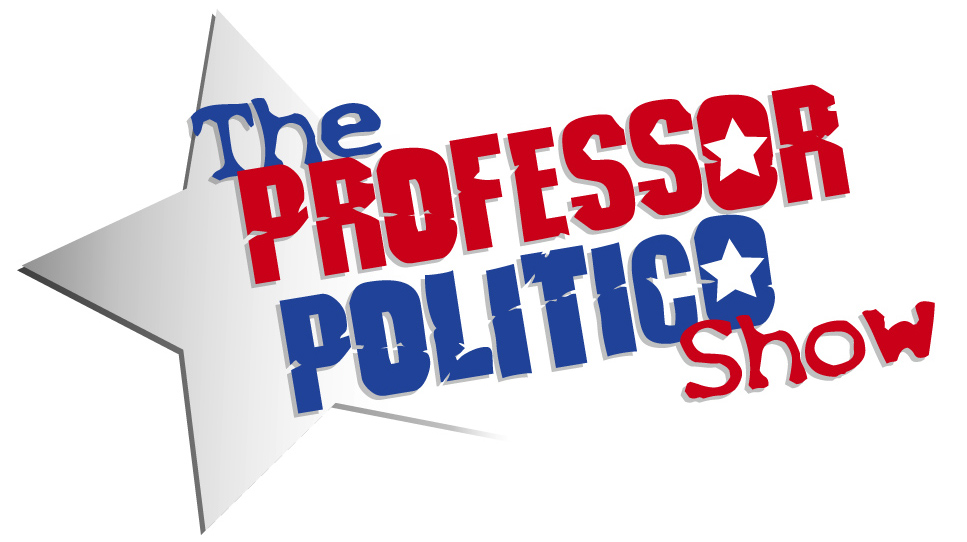I just had to share this op-ed in the New York Sun by John Stossel.
Barack Obama says, "[Today's economic problems are] a stark reminder of the failures of ... an economic philosophy that sees any regulation at all as unwise and unnecessary."
What? Does that mean that until last week the Bush administration embraced the free market? Nonsense. Governments at all levels have regulated and subsidized the housing and financial industries for years. Nothing changed under President Bush.
At the Division of Labour Web log, an economist, Lawrence White, asks: "What deregulation have we had in the last decade? Please tell me. On the contrary, we've had a strengthening of the Community Reinvestment Act, which has encouraged banks to make mortgage loans to borrowers who previously would have been rejected ... "
The government-backed Fannie Mae and Freddie Mac were created precisely to interfere with the housing and mortgage markets. In effect, Freddie and Fannie diverted money to people who wouldn't have qualified for mortgages in a real private market.
Had actual private companies performed these activities, they would have been subject to market checks. But they were not. The results were predictable.
Now that it's all tumbling down, the politicians and pundits blame the free market.
It's not simply misunderstanding. It's demagoguery by people who will never admit that their "progressive" social policies have spawned a taxpayer bill that boggles the mind.
This is a story not of private enterprise but of cynical political opportunism. Moral hazard — the poisonous mix of private profits and taxpayer-covered losses — is what you get when politicians indulge their hubris to redesign society. The bailout of those companies holding bad mortgages — big-business socialism — sets us up for the next crisis.
Maybe the Republican presidential candidate will dissent? Not a chance:
John McCain says, "We are going to fight the greed and irresponsibility on Wall Street. These actions [leading to crisis] stem from failed regulation, reckless management and a casino culture on Wall Street. ... We need strong and effective regulation ... "
He proposes a new bureaucracy, the Mortgage and Financial Institutions Trust, MFI, which he says will "provide troubled institutions with an orderly process to identify bad loans, provide funding and eventually sell them at a profit. ... The MFI will supervise the sale of loan assets at market prices and purchase them as necessary."
A government agency is going to buy bad loans and make a profit selling them. Give me a break.
Senator McCain blames today's problems on "greed," but how can greed be the root of the problem? As Mr. White says, "Greed ... is a constant." Exactly. People were just as greedy five and 50 years ago. Why didn't these troubles occur then?
Irresponsibility induced by government-created perverse incentives is the culprit. For decades politicians of both parties have relieved big companies of the responsibility that market discipline would have imposed. The promise — explicit or implicit — to bail out companies "too big to fail," not to mention regulatory, tax, and trade policies that raise barriers to entry for new competitors — weakens market discipline. That invites recklessness.
What if the government cut Freddie, Fannie, Bear, AIG, and the others loose and let them do what other businesses do on hard times: renegotiate with creditors and revalue assets? Would there be another Great Depression? Not likely. What turned a recession into the Great Depression was the Federal Reserve's contraction of the money supply. I doubt they'd make that mistake twice.
Public officials say the big companies must be saved to prevent a devastating credit "lock." Really? Without a federal bailout, lending wouldn't have resumed? The market wouldn't have sorted it out? Prices wouldn't have found a more solid floor? We'll never know.
As many of you may know, I consider myself a libertarian, and might just be a little biased when it comes to free markets, capitalism and personal liberty. But, that doesn't mean that what Mr. Stossel is saying isn't true.
The "
creative destruction" of free-market capitalism encourages innovation that sustains long-term economic growth, even as it destroys the value of established companies.
Bailouts and the like stagnate growth and create the reckless business practices.
Hopefully the american people will make their voices heard and tell our government to stop providing safety nets to businesses that make poor decisions.




